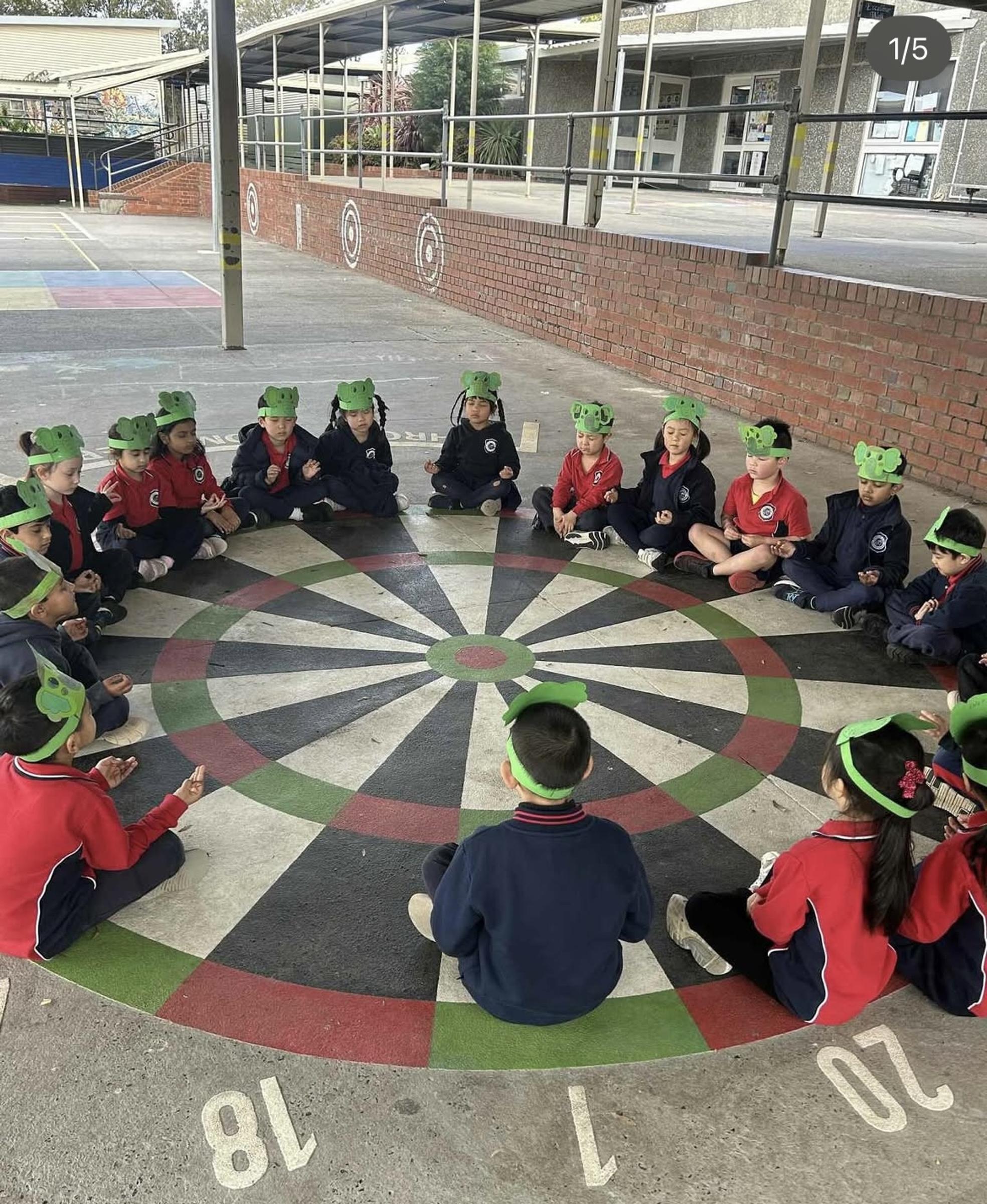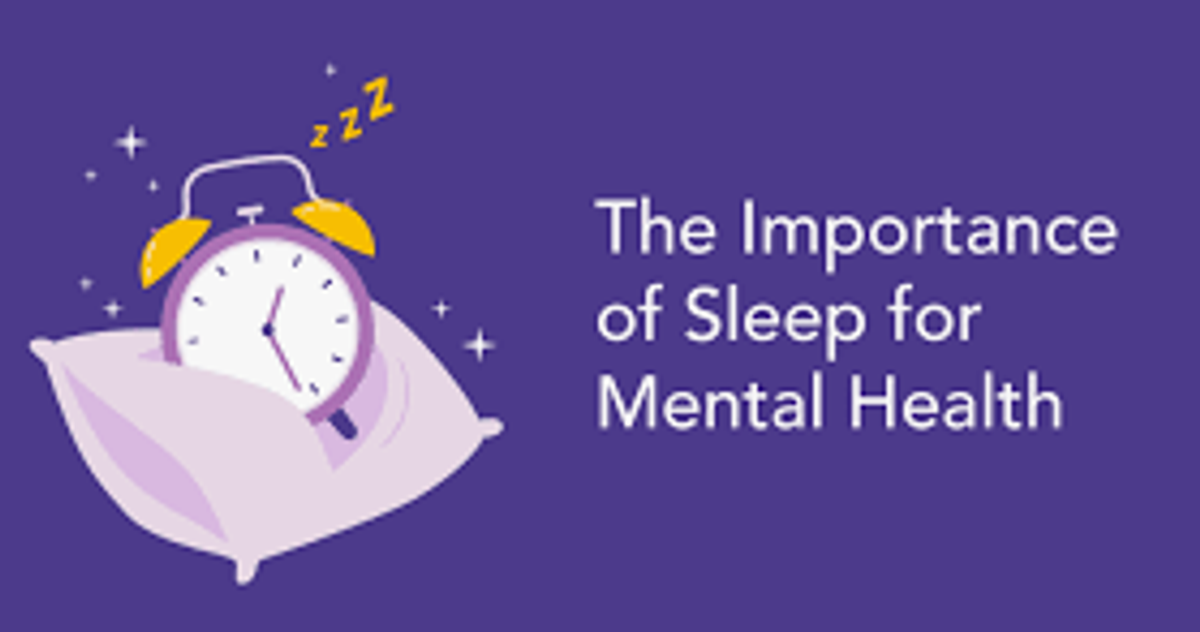Wellbeing

The Importance of Sleep (and Switching Off Screens!)
A good night’s sleep is one of the most important ingredients for a child’s learning, well-
being, and growth. Children who get enough quality sleep are more focused, positive, and ready to engage in the day’s learning. On the other hand, when sleep is limited or disrupted, it can affect attention, mood, memory, and even friendships.
Why sleep matters
During sleep, children’s brains are busy consolidating what they’ve learned throughout the day. Sleep supports concentration, creativity, problem-solving and emotional regulation – all key parts of school success and wellbeing. Primary-aged children generally need between 9–11 hours of sleep each night.
Devices and sleep
Screens are part of daily life, but research shows that too much screen time, especially before bed, can make it harder for children to fall asleep and stay asleep. The blue light from devices can trick the brain into thinking it’s still daytime, delaying the natural release of the sleep hormone melatonin. Exciting content – like games or videos – can also keep young minds alert long after bedtime.
Helpful habits for better rest
Families can support healthy sleep routines by:
- Encouraging a regular bedtime and wake-up time, even on weekends.
- Creating a ‘screen-free hour’ before bed – try reading, drawing, listening to calm music or chatting about the day instead.
- Keeping devices out of bedrooms overnight.
- Making bedtime calm and predictable with a simple routine (bath, story, lights out).
A balanced approach
We know that devices are part of modern learning and connection, but balance is key. Helping children build healthy habits now will set them up for a lifetime of good sleep, strong focus and overall well-being.
Let’s work together to make sure our students get the rest they need to shine each day at school!

